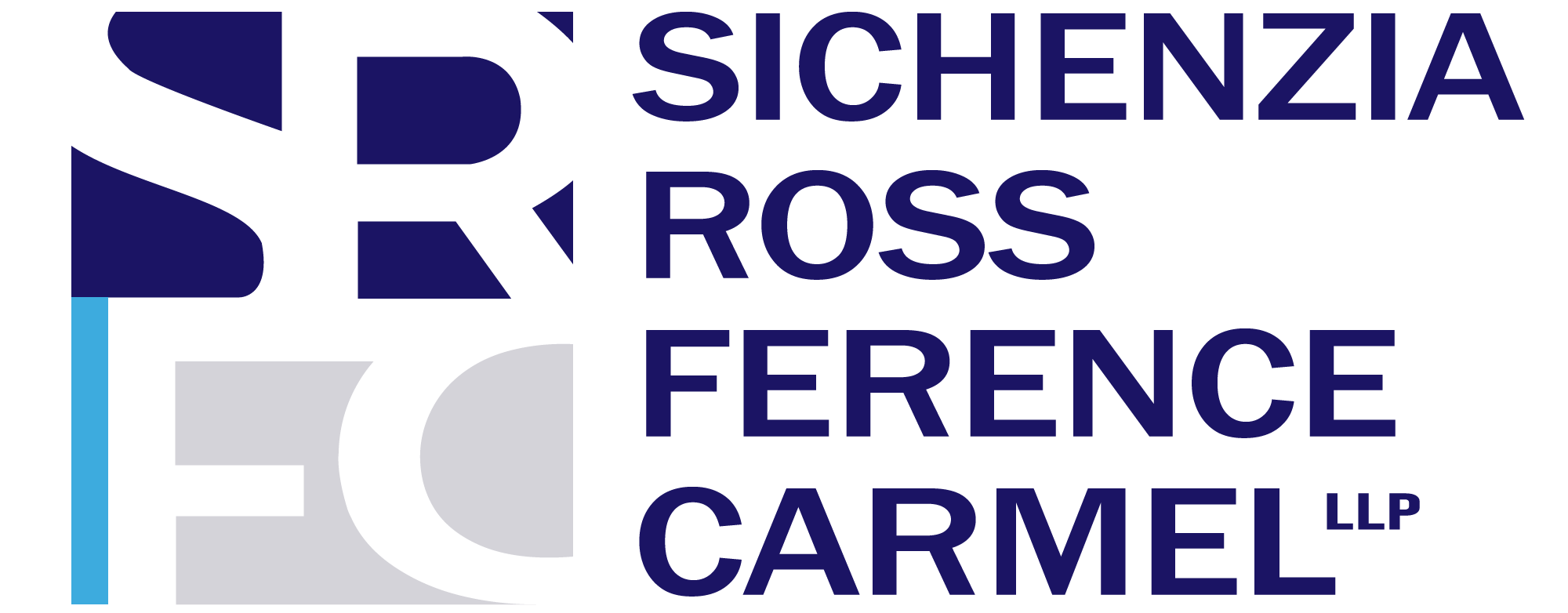January 29, 2015
An issuer organized outside of the United States may seek to be classified as a foreign private issuer (“FPI”) in order to benefit from certain accommodations that may not be available to domestic issuers under Nasdaq Stock Market (“NASDAQ”) and New York Stock Exchange (“NYSE”) rules. The focus of this post is to discuss the accommodation to FPIs pursuant to NASDAQ and NYSE policies that can provide an exemption from each exchange’s rule requiring a listed issuer to obtain stockholder approval prior to issuing or selling securities (or securities convertible into or exercisable for common stock) that equal 20% or more of the issuer’s outstanding common stock or voting power prior to such issuance or sale.[1] This post refers to each of these rules as the “20% rule.”
What is a Foreign Private Issuer?
The term “foreign private issuer” is defined[2] in Rule 3b-4(c) under the U.S. Securities Exchange Act of 1934, as any foreign issuer (other than a foreign government), except for a foreign issuer that meets the following conditions as of the last business day of its most recently completed second fiscal quarter:
(1) More than 50 percent of the issuer’s outstanding voting securities are directly or indirectly held of record by residents of the United States; and
(2) Any of the following:
(i) The majority of the executive officers or directors are United States citizens or residents;
(ii) More than 50 percent of the assets of the issuer are located in the United States; or
(iii) The business of the issuer is administered principally in the United States.
NASDAQ Exemption
NASDAQ Rule 5615(a)(3) allows FPIs to follow home country governance standards in lieu of general U.S. issuer standards, including adherence to the 20% rule. In order to qualify for the exemption set forth in Rule 5615(a)(3), the FPI must promptly notify NASDAQ of its intention to utilize its home country practice by providing NASDAQ a written statement from independent counsel in its home country. The written statement provided to NASDAQ must state that the FPI’s home country does not have an equivalent to NASDAQ’s 20% rule and that its current practice is both legal and an accepted business practice in the prospective FPI’s home country.
Upon receiving approval from NASDAQ pursuant to the letter provided by FPI’s independent local counsel, the FPI must disclose in its public filings on Form 20-F that it is not following NASDAQ’s 20% rule. The FPI’s disclosure should also indicate that the FPI is instead following its home country practice, and describe such home country practice.
NYSE Exemption
NYSE rules, the NYSE Listed Company Manual and each of the NYSE’s annual letters to FPIs are all silent on the applicability of the 20% rule to FPIs. However, in practice it is understood that the NYSE will issue a confidential letter ruling (upon request by the FPI) allowing an FPI to use its home country practice regarding the 20% rule, especially if the FPI indicates that it will include disclosures in its public filings that: (a) the FPI follows such home country practice and (b) provide a description of the FPI’s home country practice, as well as a description of the significant differences between the FPI’s home country practice and the corresponding practice requirements usually imposed upon U.S. issuers.
Written by Marc Adesso and Timothy O’Brien
[1] It should be noted that for U.S. issuers, certain limited exemptions from the 20% rules do exist. The NYSE provides exceptions to the 20% rule in certain situations where an offering utilizes cash consideration, and NASDAQ provides exceptions to the 20% rule for: (i) certain public offerings, and (ii) private financings that involve a sale of common stock (or convertible securities) with a price that is at or above both book value and market value.
[2] See also Rule 405 of Regulation C under the U.S. Securities Act of 1933, as amended.
The information in this article is for general, educational purposes only and should not be taken as specific legal advice.

